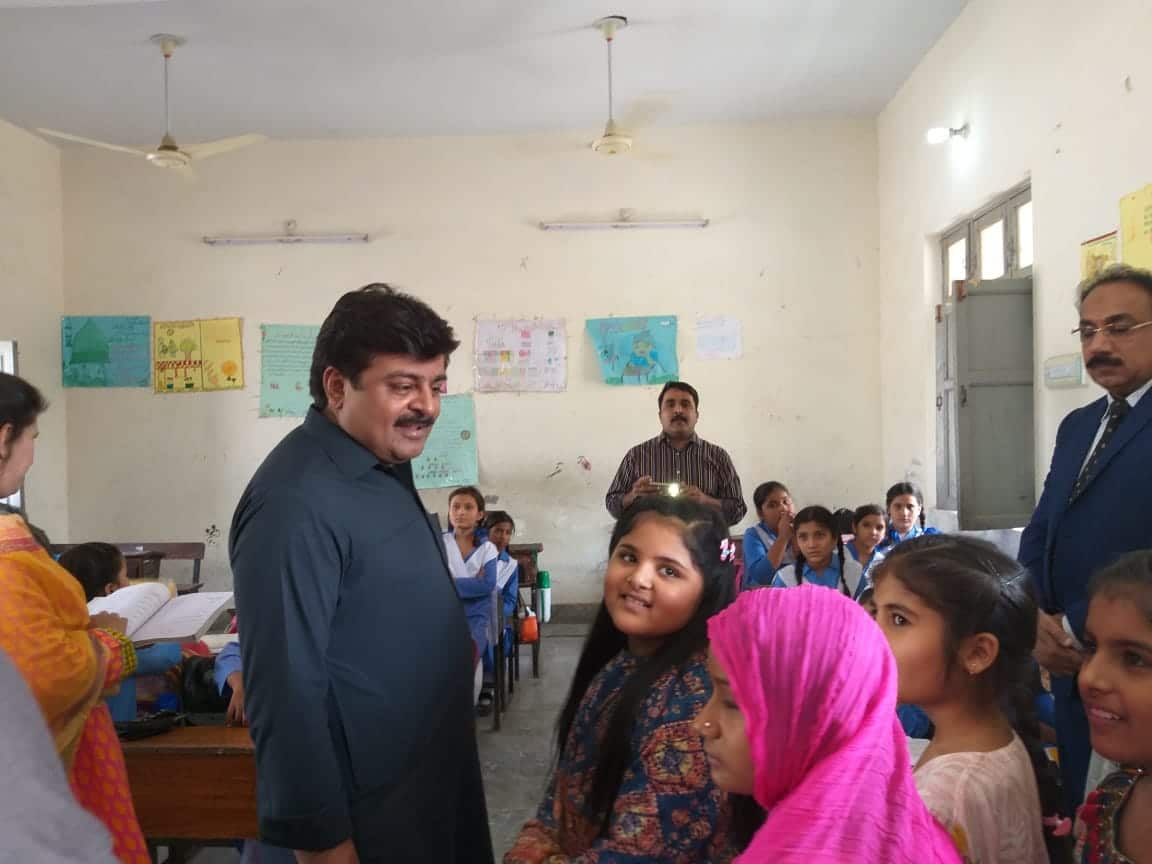Plans to implement a non-formal education system. Across the province have been announced by the Sindh government. The initiative seeks to expedite the completion of elementary education. For almost two million out-of-school children in four years.
Syed Sardar Ali Shah, the Sindh Government minister for education, chaired a meeting on Wednesday. And announced the development of a comprehensive curriculum and coursework for non-formal education. In addition, the United Nations International Children’s Emergency Fund (UNICEF). And the Japan International Cooperation Agency (JICA) are working together. To develop the “Sindh Non-formal Education Authority,”. Which will function through a public-private partnership.
Out-of-school children will be able to receive vocational education in addition. To education up to class eight under the non-formal education system. Over two million boys and girls in the province are expected to receive an education thanks. To this all-encompassing strategy in the next four years. Non-formal education centers will be built in regions. Where there is a greater proportion of children. Who are not in school to guarantee accessibility.
Minister Sardar Shah discussed issues like the post-primary dropout rate. And his plans to upgrade primary schools as needed. He emphasized the significance of giving STEM (science, technology, engineering. And mathematics) education a high priority in school curricula.
Which Orders Gave By The Minister to Educational Official?
The minister gave the order for education officials. To arrange science exhibitions at the district. Divisional, and provincial levels because they are known to stimulate students’ curiosity. The purpose of this program is to give young people a stage on. Ohich to present their creative ideas and talents.
Minister Sardar Ali Shah oversaw the enhancement of private school monitoring systems. During a separate meeting with officials of the Directorate of Private Institutions. He declared the appointment of thirty-five inspectors. To supervise district-level operations of private schools throughout the province.
Moreover, 10% of pupils must get scholarships from private schools. And Sindhi language instruction must be part of the curriculum. To help teachers teach Sindhi language more efficiently, collaboration. With the Sindhi Language Authority is also envisaged.


Comments are closed, but trackbacks and pingbacks are open.